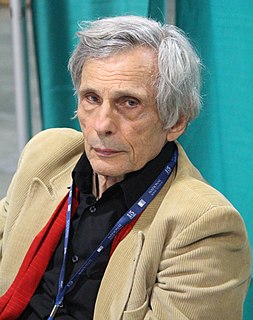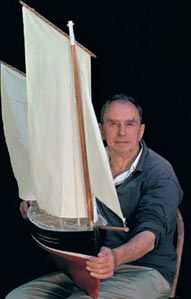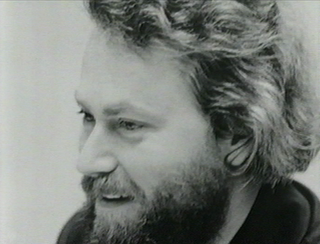A Quote by Anne Waldman
The puzzle and conundrums of Emily Dickinson's poetry or The Cantos, by Ezra Pound, is infinitely pleasurable. Or Ronald Johnson's Ark. And the experience extends a whole lifetime. But the intensity of certain vocalized language affects our bodies in a particular way, and that further actualization propels me. The Greeks explored this; there were very particular meters used in making war, different ones for a love chant.
Related Quotes
One of the things that was really influential early on was Ezra Pound's Cantos, one poem he worked on for 50 years. It's epic. I had a great deal of difficulty understanding it. One of the problems was you'd be reading along in English and he would move to a Chinese ideogram or French-he actually used seven different languages in a given poem. And for somebody who's not fluent in different languages it has the impact of rupturing your way of understanding something.
I just love any kind of language that can change the energy in a room. There are no limits for me, as long as it feels like it's being used in a particular way to garner or elicit a very particular reaction, so that you can then use that reaction later for something else. But when it's gratuitous language or physical exposure, then I get a bit like, "Oh! Put it away!"
When we have an experience -- hearing a particular sonata, making love with a particular person, watching the sun set from a particular window of a particular room -- on successive occasions, we quickly begin to adapt to it, and the experience yields less pleasure each time. Psychologists call this habituation, economists call it declining marginal utility, and the rest of us call it marriage
Poetry is related to philosophy as experience is related to empirical science. Experience makes us acquainted with the phenomenon in the particular and by means of examples, science embraces the whole of phenomena by means of general conceptions. So poetry seeks to make us acquainted with the Platonic Ideas through the particular and by means of examples. Philosophy aims at teaching, as a whole and in general, the inner nature of things which expresses itself in these. One sees even here that poetry bears more the character of youth, philosophy that of old age.
It's no wonder we don't defend the land where we live. We don't live here. We live in television programs and movies and books and with celebrities and in heaven and by rules and laws and abstractions created by people far away and we live anywhere and everywhere except in our particular bodies on this particular land at this particular moment in these particular circumstances.
Poetry, for example, goes so deeply into the space between corporeal affect and deep emotion (even primal in some cases) that, as Emily Dickinson said, it can blow the top of your head off. Poetic language is sometimes misunderstood as "abstract" when in reality, it's precise - precisely the language of emotions and the body.






































